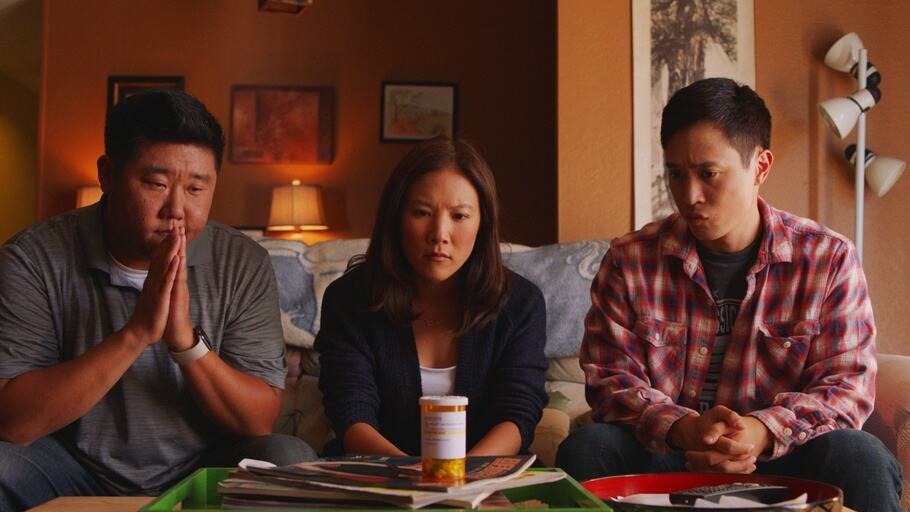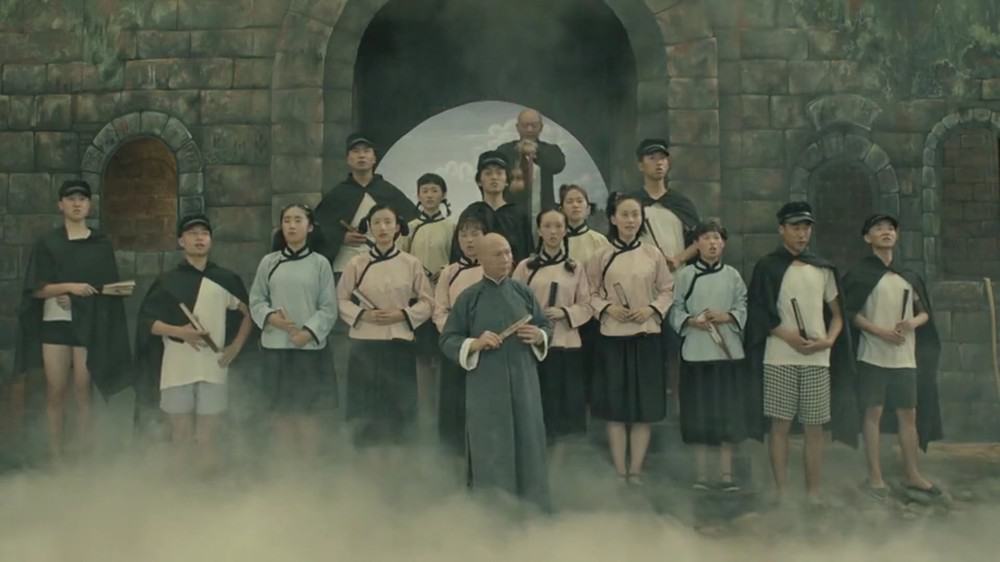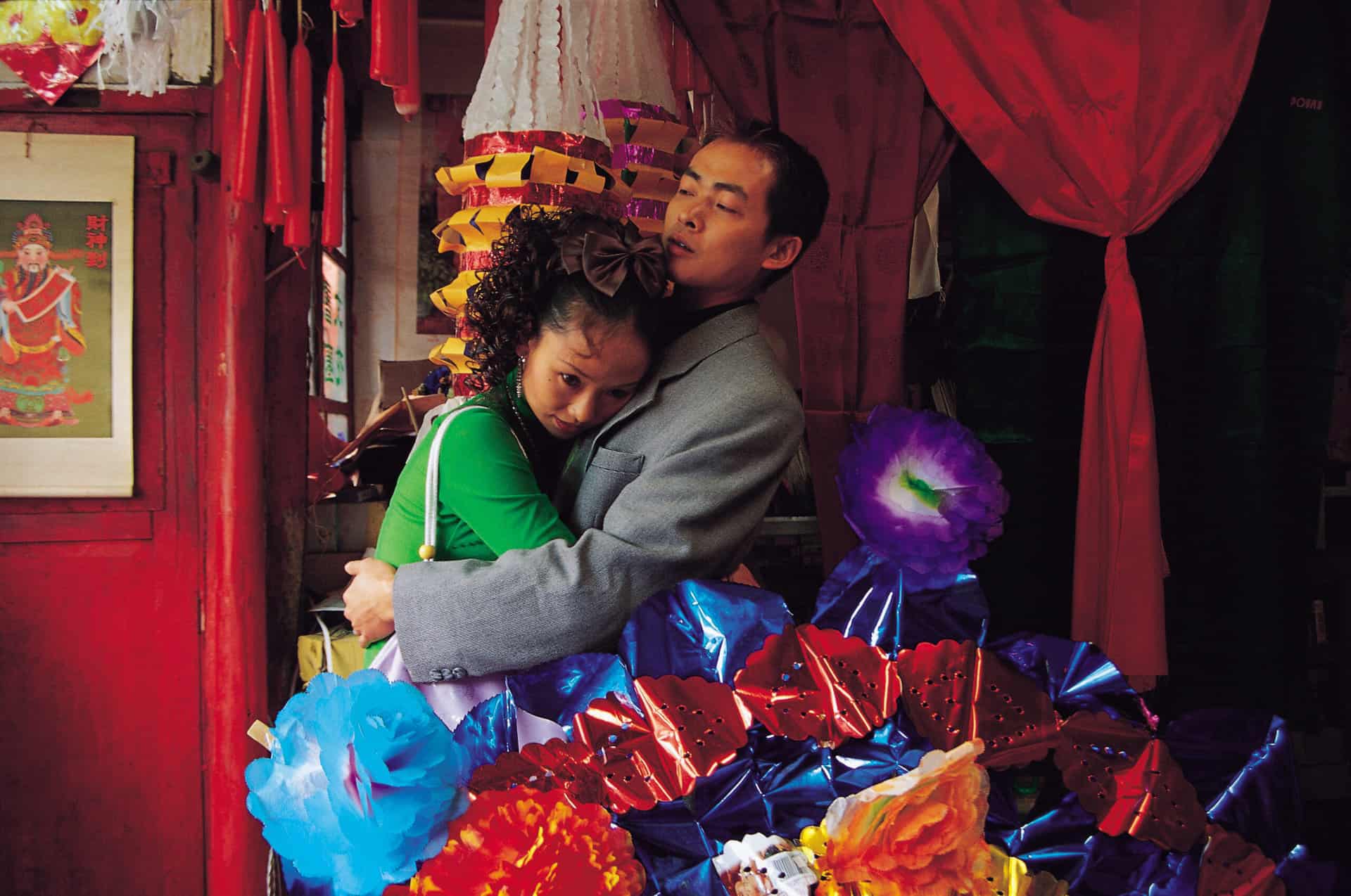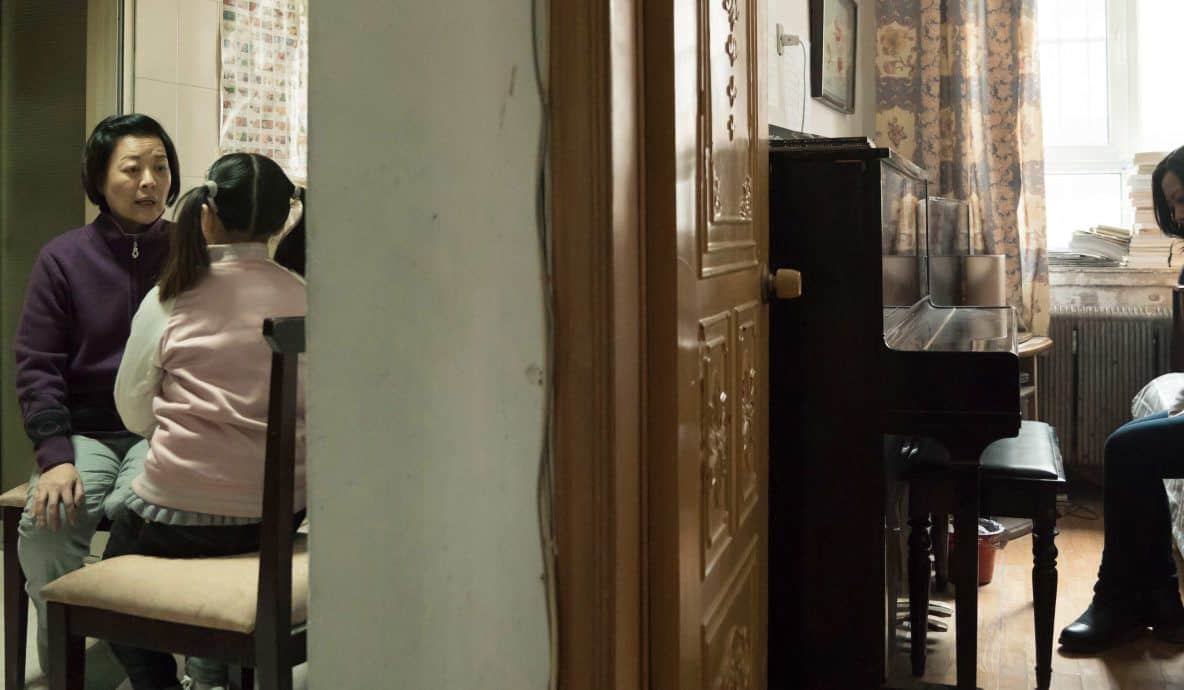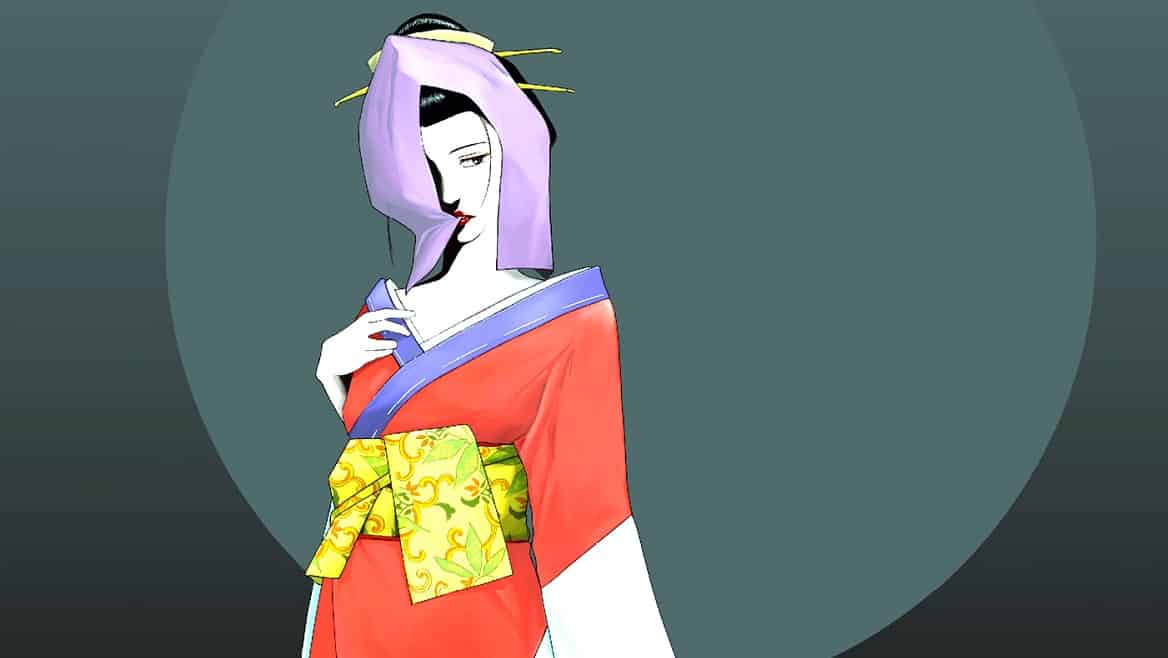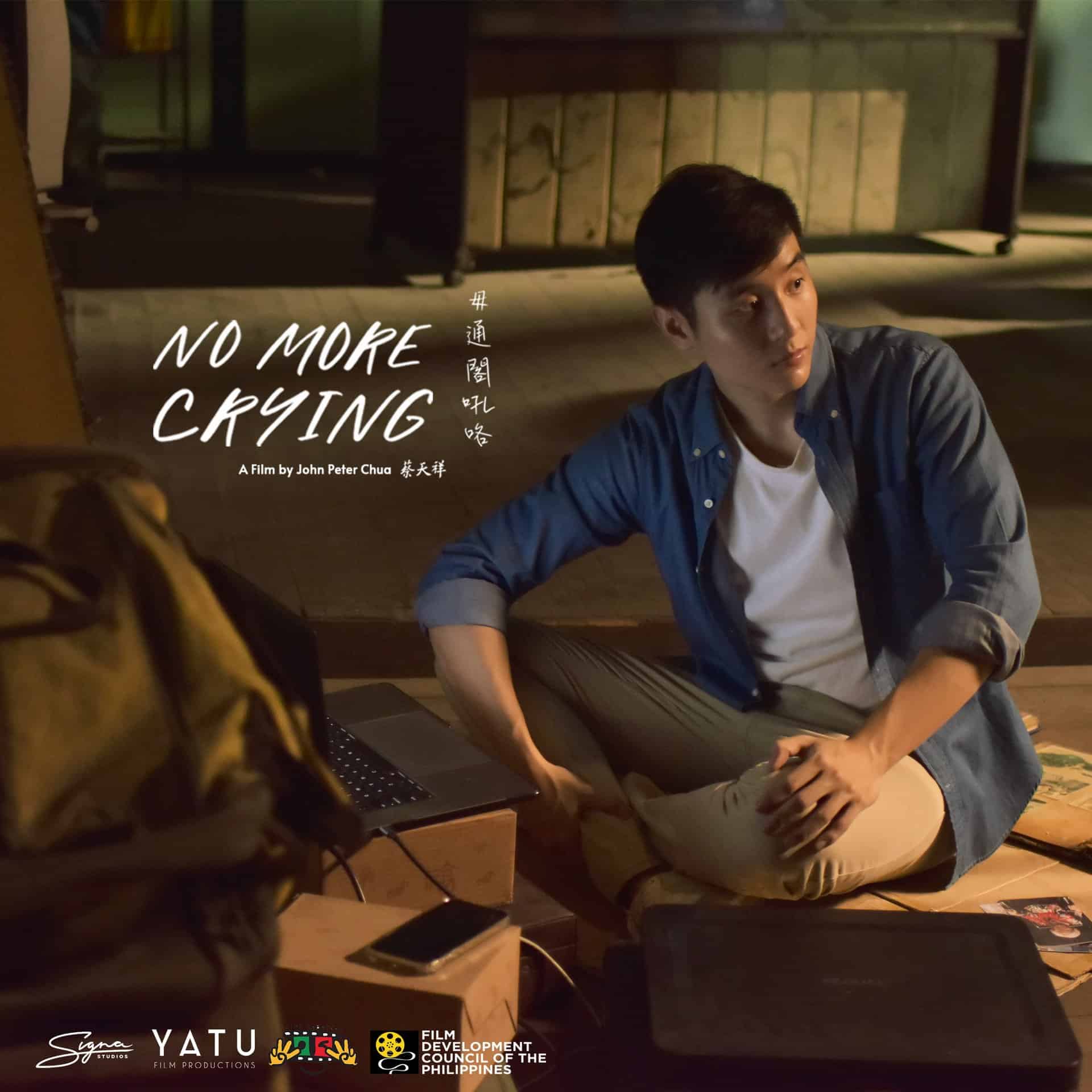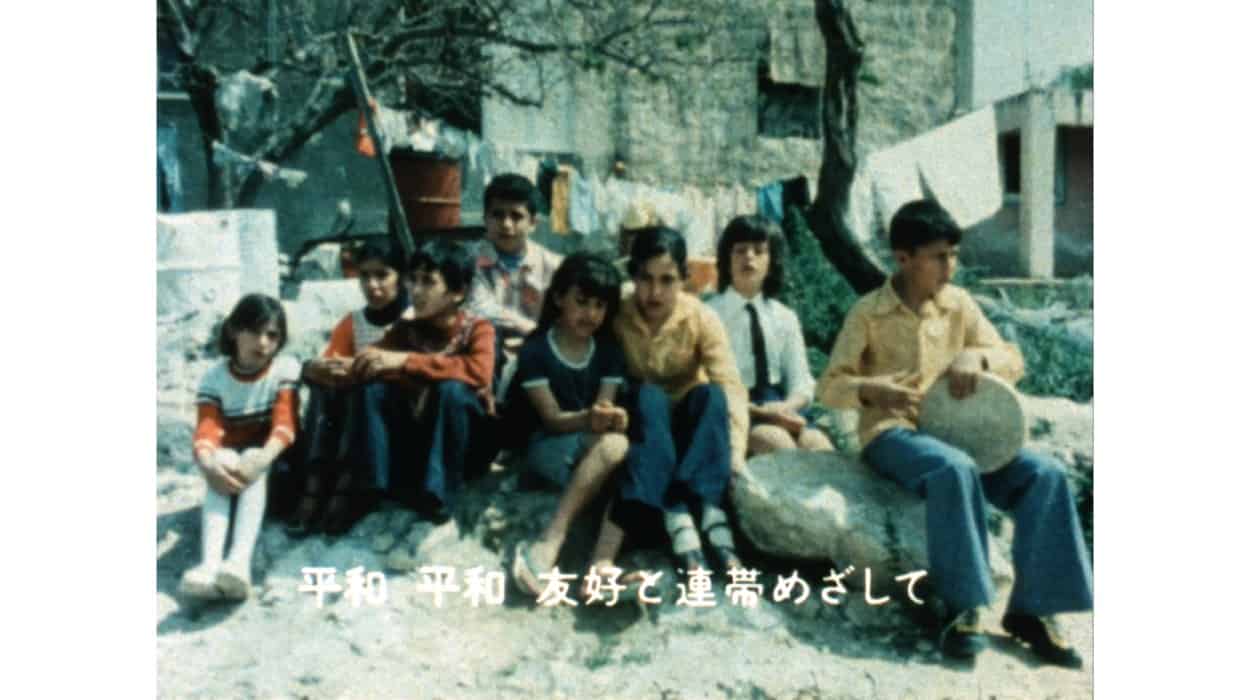Healing seldom happens overnight. Wounds may run deep for years before they are patched up for the world to see and can continue to fester beneath the surface even once the facade has been restored. No one should ever have to grow up in an environment where family becomes the cause of such wounds and yet so many do: these cuts are the deepest, and there can never be enough sutures to piece back what once was; these are holes that follow so many into adult life, impacting the choices made and the paths followed. In Tom Huang's stumbling dramedy “Dealing With Dad”, these wounds impact a flawed family's reunion to handle their dad – the root cause of their collective trauma – and help him overcome a bout of depression; the longer the film drags on the more obvious it is they are as burdened by his affliction as the film is on tired storytelling clichés and narrative tropes.
Dealing with Dad is screening on New York Asian Film Festival
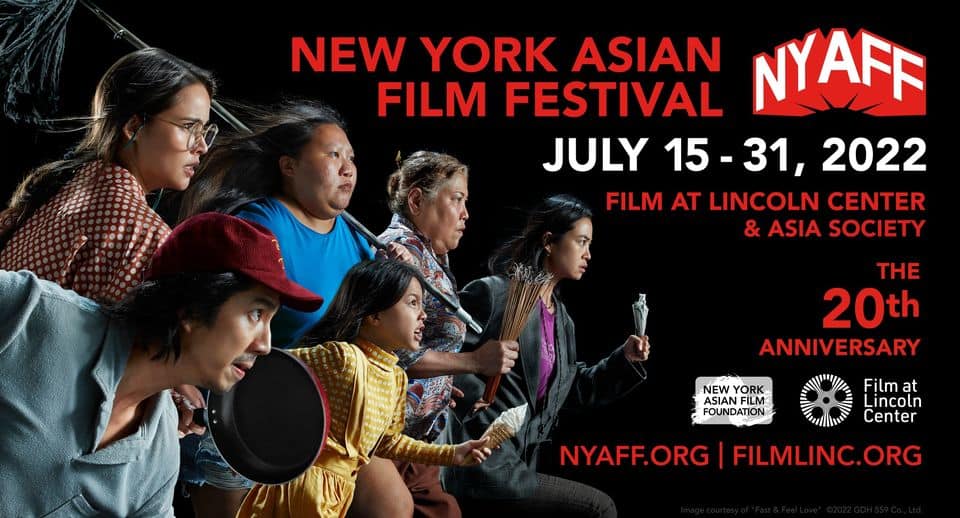
Neurotic perfectionist Margaret (Ally Maki) has recently discovered her dad Jialuo (Dana Lee) is depressed. Overcome with the responsibility to help him, she drags her older brother Roy (Peter S. Kim), who is going through a divorce, back to the family home where she reconvenes with her seemingly racist mother (Page Leong) and her slacker younger brother Larry (Hayden Szeto). But reuniting with each other exhumes more secrets and problems than solutions, threatening to widen the wedge between this dysfunctional family unit once and for all. Amidst their crises, Sophie, the meddling mother who Margaret has always believed has disliked her partner Jeff (Echo Kellum) because of his race, sets Roy up with a friend from her church; Larry tries to find the courage to ask his childhood crush Sarah (Megan Gailey) out, and Margaret is forced to come to terms with a shocking realisation about the one fond memory she has of her strict unloving father, to whom bore the brunt of all his frustrations and anger.
Initially conducting itself as an semi-autobiographical exposé on parenting, traditional family values, and intergenerational coping mechanisms for depression through an Asian-American lens, “Dealing With Dad” exponentially devolves into meagre emptiness, where the focus shifts away from its central plot to breathe life into the abhorrent and unlikeable selfishness of this irreparably broken family unit, airing more time for tedious dating subplots than the siblings' mixed feelings on how best to treat their ailing father. As a result, Jialuo's affliction feels glossed over, trivialised as a mere plot device, lingering in the background while still bearing the ugliness of Kafka's cockroach from Metamorphosis. There is a reluctance to actually treat his depression for fears he will resort back to his old nasty demeanour which, given his treatment of his kids being the root cause of the resentments and rifts in the larger family, could be framed as understandable, but here it simply feels uncaring and, frankly, secondary to the bloated dilemmas of the other individuals.
At the films heart is Margaret, played semi- convincingly by Maki, who martyrs herself at almost any given opportunity, picking up the fractured pieces of each of her siblings and parent's faults and shouldering the bigger decisions herself. Though the rest of the cast feel like one-dimensional cut-outs (aside from Szeto's Larry, who at least provides what little humour the film promises), there is a smidgen of verisimilitude with the performances: Jialou is seen here as a limp, lifeless burden, one nobody wants to be responsible for, a sentiment too often shared in (at least) the Western world, where sufferers are given pills in the hopes they will go away back to be cared for by anyone willing to help, a “burden” which falls on the family. As such, nobody in the Chang household is willing to weather this storm, and though Margaret begrudgingly steps in – rising above her own resentment – it feels more like she wants to simply get the job done as quickly as possible.
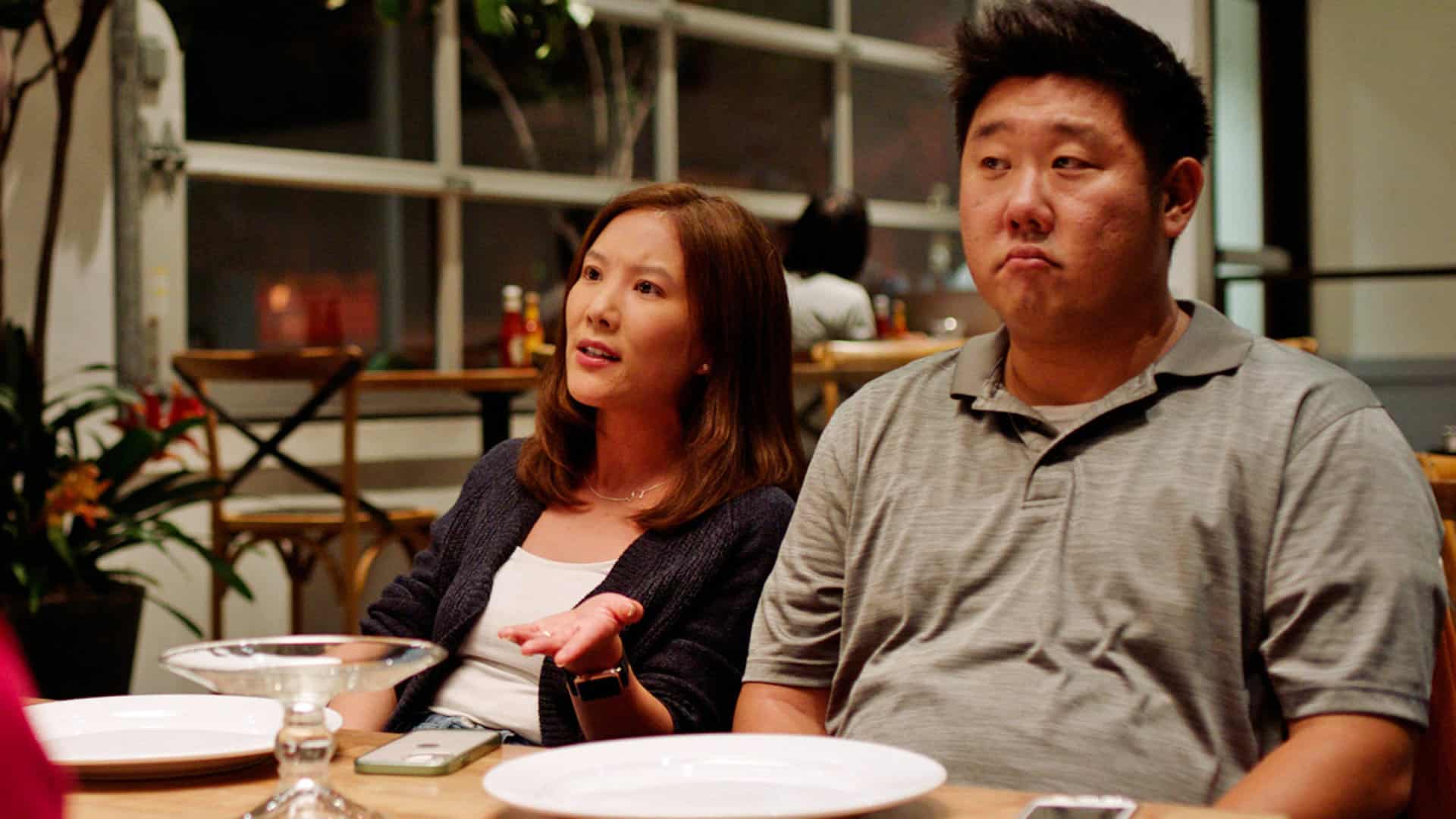
Clocking in at over 100 minutes, “Dealing with Dad” feels particularly hollow, carved out with unnecessary detours that outstay their welcome. Despite picking up tidbits of Jialuo's life here and there, piecing together this puzzle feels simultaneously quick and drawn out. Kurt Nishimura's editing does its best to flesh out the various stories making up the film whilst Huang's writing feels laboured at best. Grounding this film is Irvin Liu's cinematography which, whilst being nothing fancy, grandly renders the family home as an unpleasantly claustrophobic dwelling, one where the memories (and flashbacks) haunt the corridors, embellishing the unease felt between the character who, despite their behaviors, love and desire the best for each other.
Pondering language – the deliberate choice of nomenclature, to be precise – often comes tertiary when ingesting the visual arts after the cinematographic and sonic elements, and sometimes falls even further down the list of priorities when processing the experience. But dissecting the title of a film such as Huang's “Dealing With Dad” reveals more about its characters than sitting through this erratically haphazard ordeal ever could: the cold bluntness of the word “deal” unveils the sadly homogenized ignorance pervading through society when the overarching sentiment is “you have nothing to be depressed about”, no matter if it is a family member or an acquaintance suffering with depression. Whether or not the family truly wishes to help its patriarch is out of the question when it is abundantly clear they, especially Margaret, feel personally burdened with the weight of the situation. The film's heart tries to be in the right place, but its messages on growing up, and overcoming depression itself is unquestionably mixed and, at times, hurtful. As the film draws to a close it is left to the audience to decide just how the outcome feels – that is, if the audience has any empathy left.


